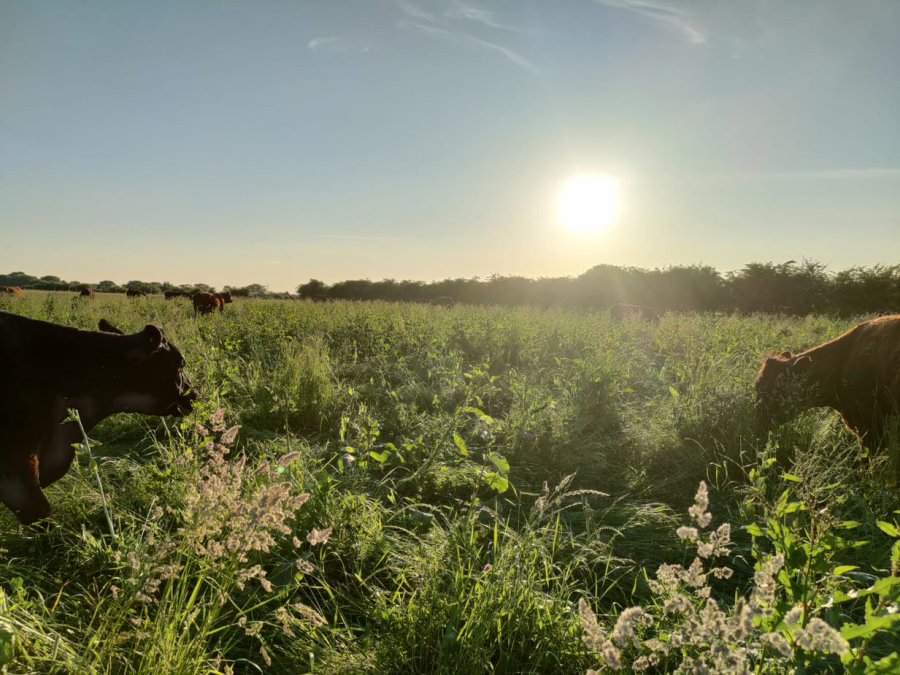
A four year regenerative beef project spearheaded by McDonald's UK has been hailed for improving the sector's sustainability credentials.
The fast food giant undertakes the regenerative agriculture project alongside research and consultancy firm FAI.
The programme seeks to determine how UK commercial beef production can adopt a more sustainable, regenerative approach.
For their work, McDonald's UK and FAI have been announced winners of the Sustainable Food and Farming Award for 2021 from Compassion in World Farming.
The award celebrates businesses that have taken steps to produce meat, dairy and eggs sustainably and in ways that improve the environment.
Taking place on FAI’s farm, the beef project aims to show how farms can be adapted to draw down more carbon than they emit, whilst also restoring soil quality and boosting biodiversity.
The project is in its second year and aims to better understand the impacts and benefits of introducing a regenerative farming technique called Adaptive Multi-Paddock (AMP) grazing.
AMP grazing looks to mimic nature and the role ruminants play in healthy ecosystems. It involves each beef farm creating a bespoke grazing plan which sees farmers apply a series of ecological principles to achieve the best regenerative outcomes specific to their location.
These principles include ensuring there is no bare soil, maximising root depth by leaving grass to grow longer and using intensive grazing and long periods of rest to optimise animal impact on the land.
Effects of AMP grazing are already showing on FAI’s farm, with grass going to seed at a higher height than previously observed, showing how quickly these grazing patches are recovering.
In addition, cattle are selecting different parts of the plants to graze on, which will in turn provide a greater nutritional diversity and contribute to a healthier herd.
Harriet Wilson, Agriculture Sourcing Manager at McDonald’s UK, called the work being done with FAI as 'ground-breaking'.
"The project presents a real opportunity to explore the ways in which we can futureproof the industry and drive more resilient production.
"[It will] ensure our future beef supply contributes to a sustainable food system where people, local communities, animals and the planet can thrive."
Clare Hill, Director of Regenerative Agriculture at FAI added: “We are only into our second grazing season of the project.
"We are already starting to see the changes on the farm and are sharing the results with the wider supply chain. “
